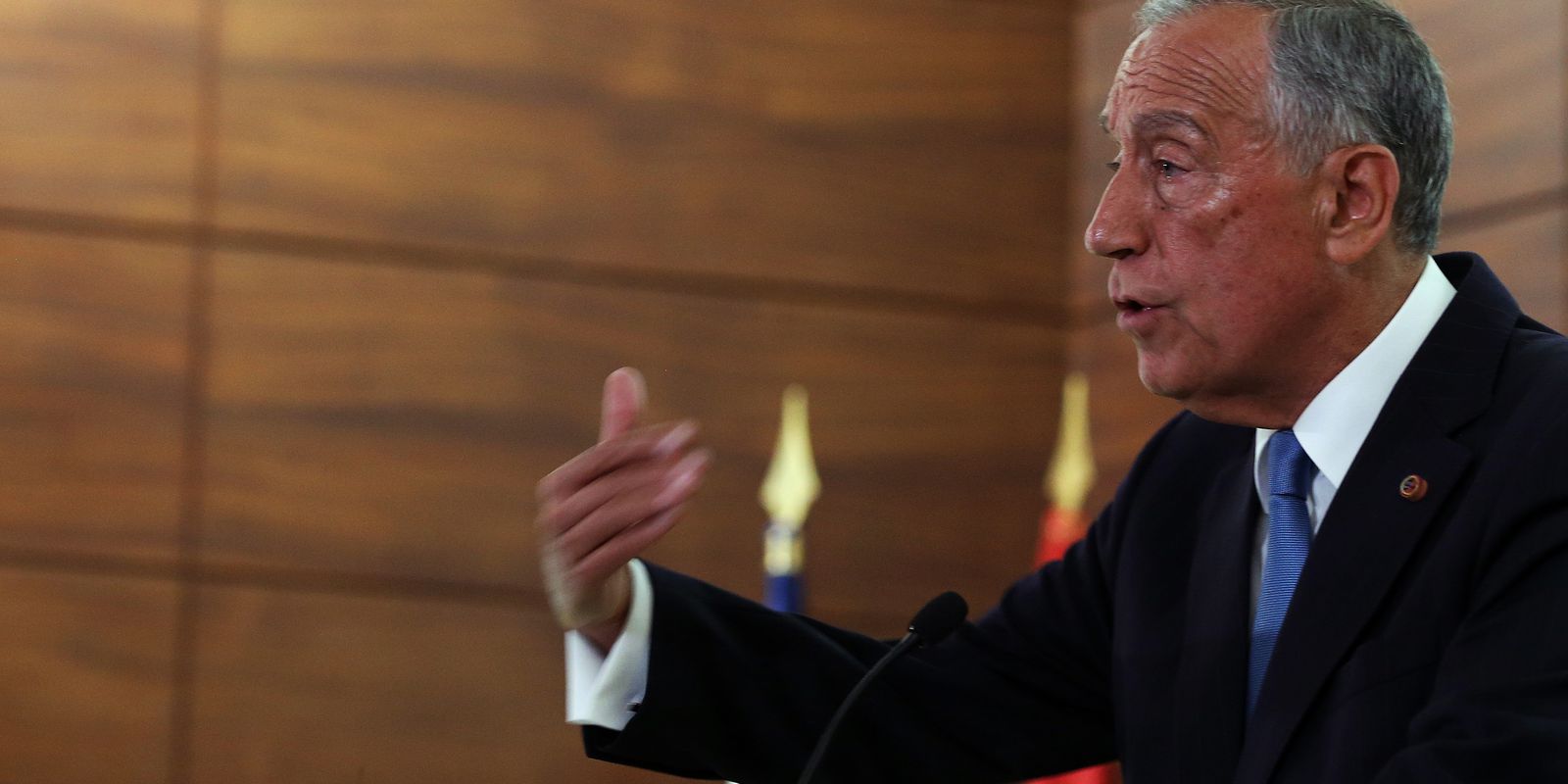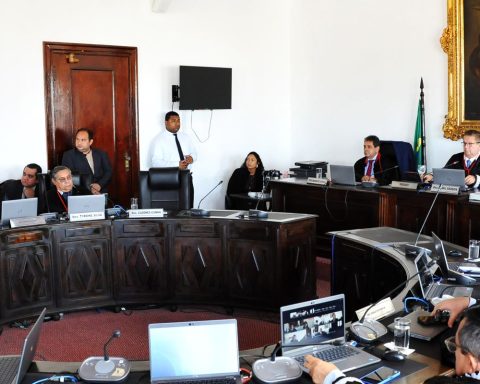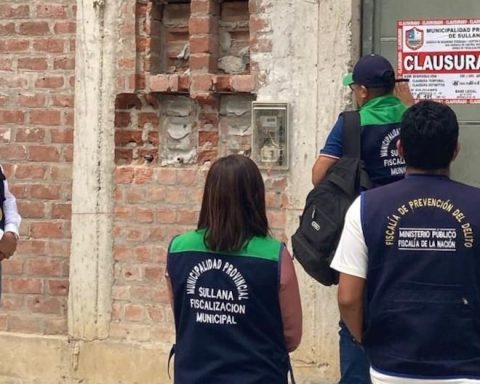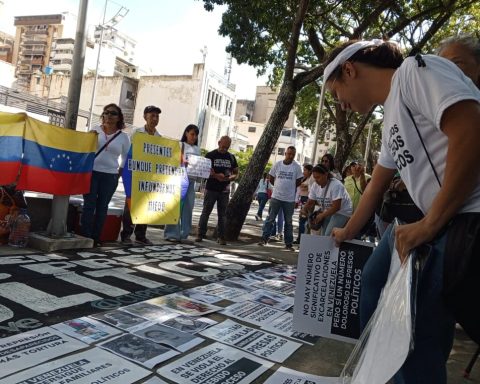The president of Portugal, Marcelo Rebelo de Sousa, vetoed for the second time a law that would allow terminally ill patients to seek medical assistance to end their lives, which, in effect, postponed the legislation until a new parliament was elected.
The veto, announced Monday night, cited language used in the bill to describe terminal illnesses, which Rebelo de Sousa said was contradictory at times and needed clarification.
Parliament can amend the legislation or overturn the presidential veto, but it is unlikely to have time for any of these actions before it is dissolved, which will precede an early election on Jan. 30.
First, lawmakers passed a bill to legalize euthanasia in January, but Rebelo de Sousa asked the Constitutional Court to consider the legislation’s “excessively unclear concepts.”
The court agreed and rejected the bill, saying it is “inaccurate” in its definitions of when the right to die should be granted. Parliament addressed the court’s concerns and re-passed the bill last month.
Under the revised law, people would have the right to request assistance in dying from a terminal illness or if they have “a serious, definitive and largely debilitating injury that makes a person dependent on a third party or technology to perform basic everyday tasks” .
But the conservative president argued that it continues to use too many terms, such as “fatal disease”, “incurable disease” and “serious disease”, and has returned it back to parliament, which he himself is expected to dissolve in the next few days.
















